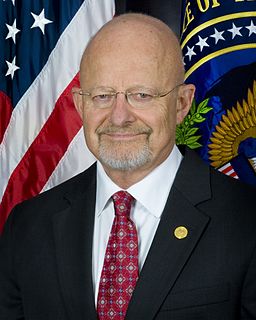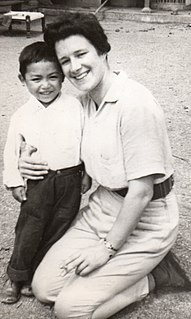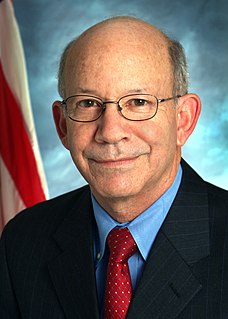A Quote by James Clapper
The country of Iraq is somewhat of an artificial creation going back to colonial days. And so you have the Kurds and then the Sunnis in the north predominantly and Shias in the south.
Related Quotes
Critics of the war plans (including myself) have pointed to the disastrous political results that must be expected: Iraq would break into three parts (Kurds in the north, Sunnis in the center, Shi'ites in the south), the Middle East would be exposed to the onslaught of Iranian fanaticism, pro-Western Arab regimes would collapse. Israel would be surrounded by aggressive Islamic fundamentalism, like the Crusader kingdom with the advent of Saladin.
In contrast, Western historians, and those in South Korea, say the North attacked the South on June 25, 1950. Both sides agree that after the war began, the North Korean Army captured Seoul in three days and pushed as far south as Pusan before American troops arrived to drive back the North Koreans nearly as far north as the border to China.
Not only are we going to New Hampshire ... we're going to South Carolina and Oklahoma and Arizona and North Dakota and New Mexico, and we're going to California and Texas and New York! And we're going to South Dakota and Oregon and Washington and Michigan. And then we're going to Washington, D.C. to take back the White House, Yeeeeeaaaaaargh!
If Iran seeks to meddle in domestic Indian politics by creating disaffection among the Shias of Uttar Pradesh, what better way to counter that by reminding all concerned that while the Shias maybe an important vote bank in U.P., they constitute only 10 per cent of Indian Muslims, while the Sunnis account for an overwhelming 90 per cent.
It's easy to say, let's go in and get the bad guys. But you have a divided country of Sunnis and Shias. The United States goes and takes action there on behalf of the Iraqi government. You've got Iran coming in and saying we're going to stand with Iraqi Prime Minister Nuri al-Maliki, so now we're aligning ourselves with Iran, and if we do air strikes, becoming de facto air force for them.
Most Turkish Kurds want a quiet life and improved economic conditions. But the Kurdish regions of Turkey are mountainous; they're ill-favored climatically; they're poor; and there's a limit to what the government can do there without wasting a lot of resources. Developing the south east may mean decamping a large part of its population. But the thing that will improve the lot of the Kurds more than anything else will be the stabilization of Iraq in the first place, because then the Turkish southeast stops being a dead end. It can become a bridge, with trade flowing in both directions.




































